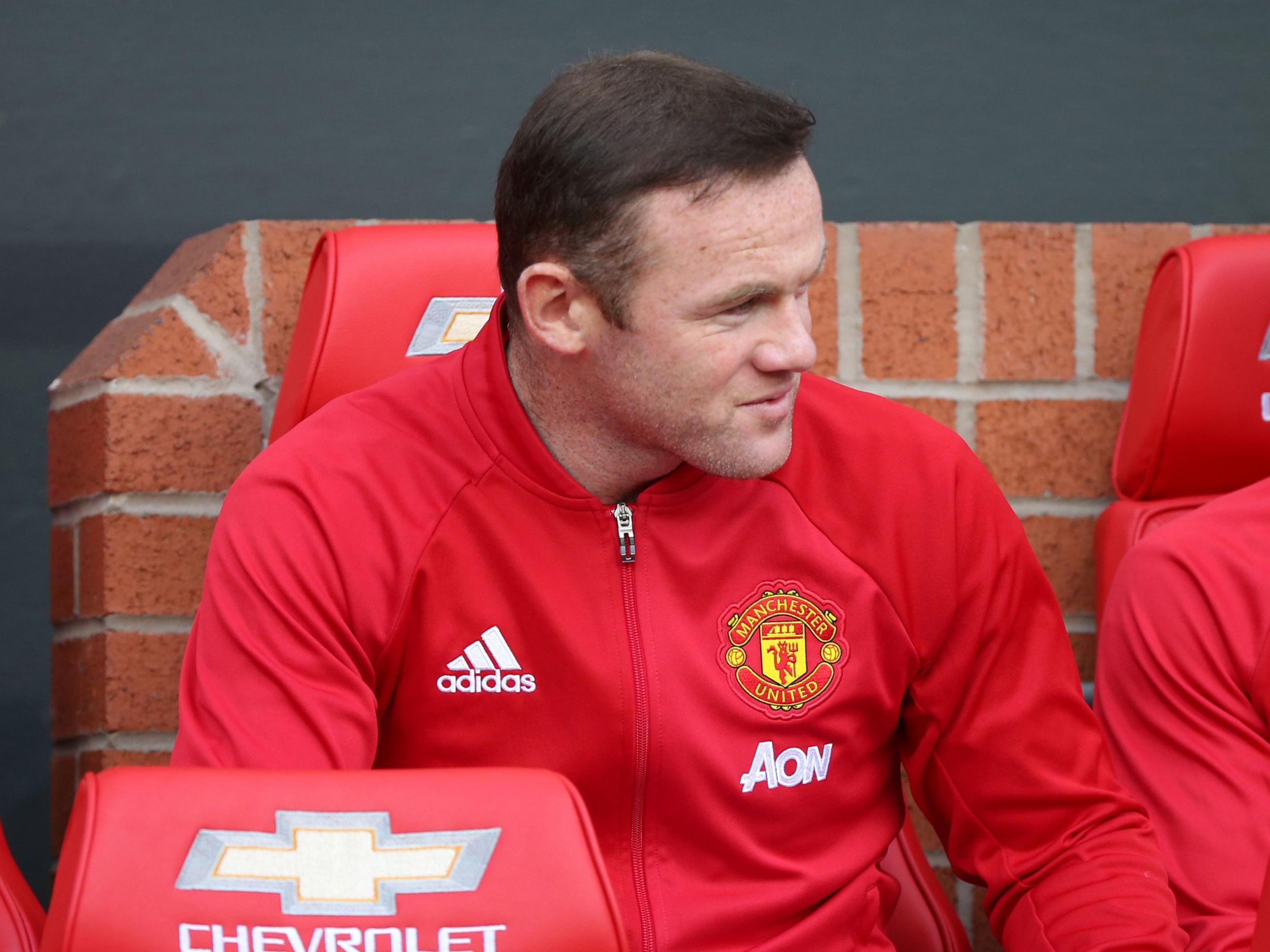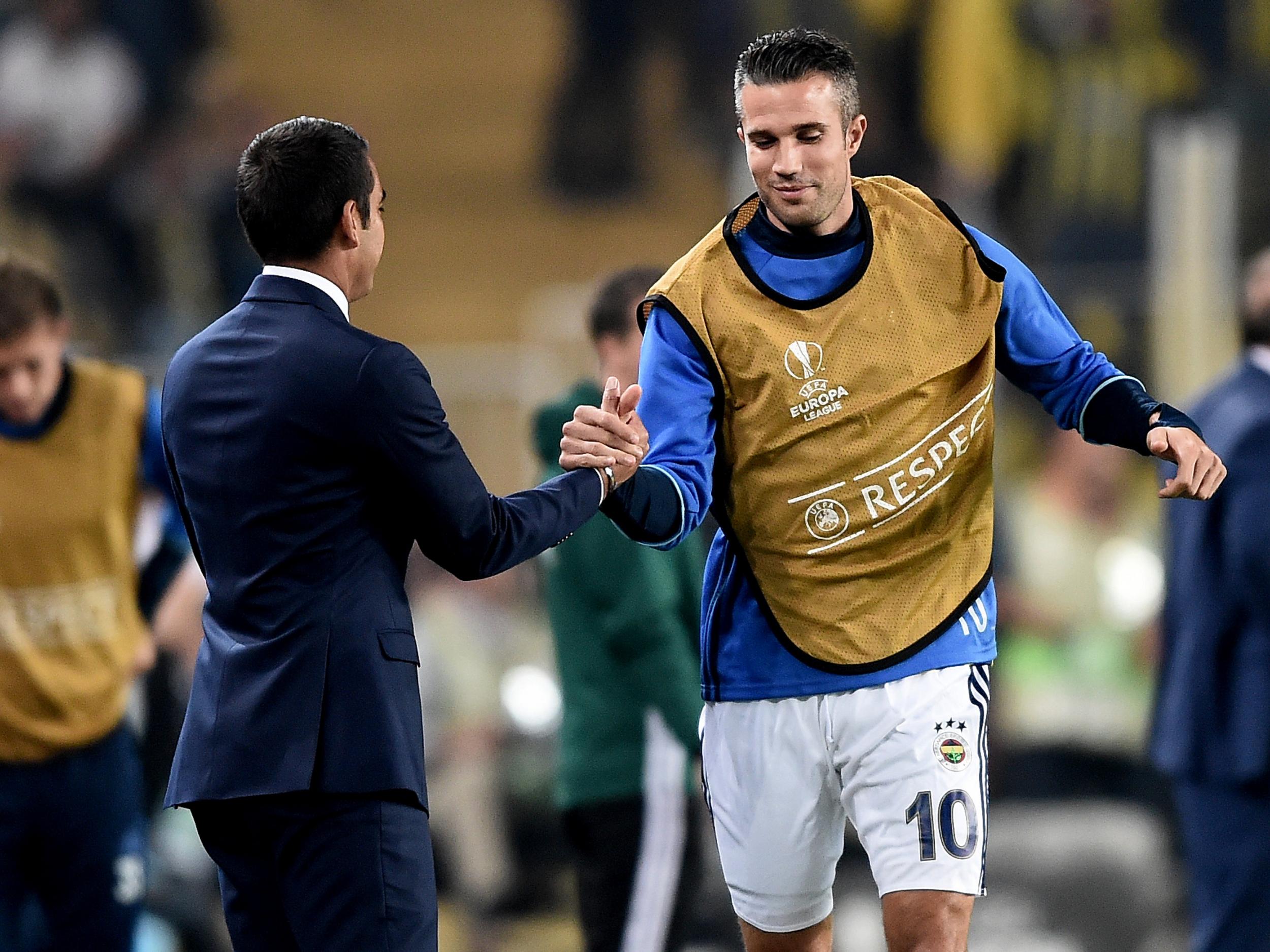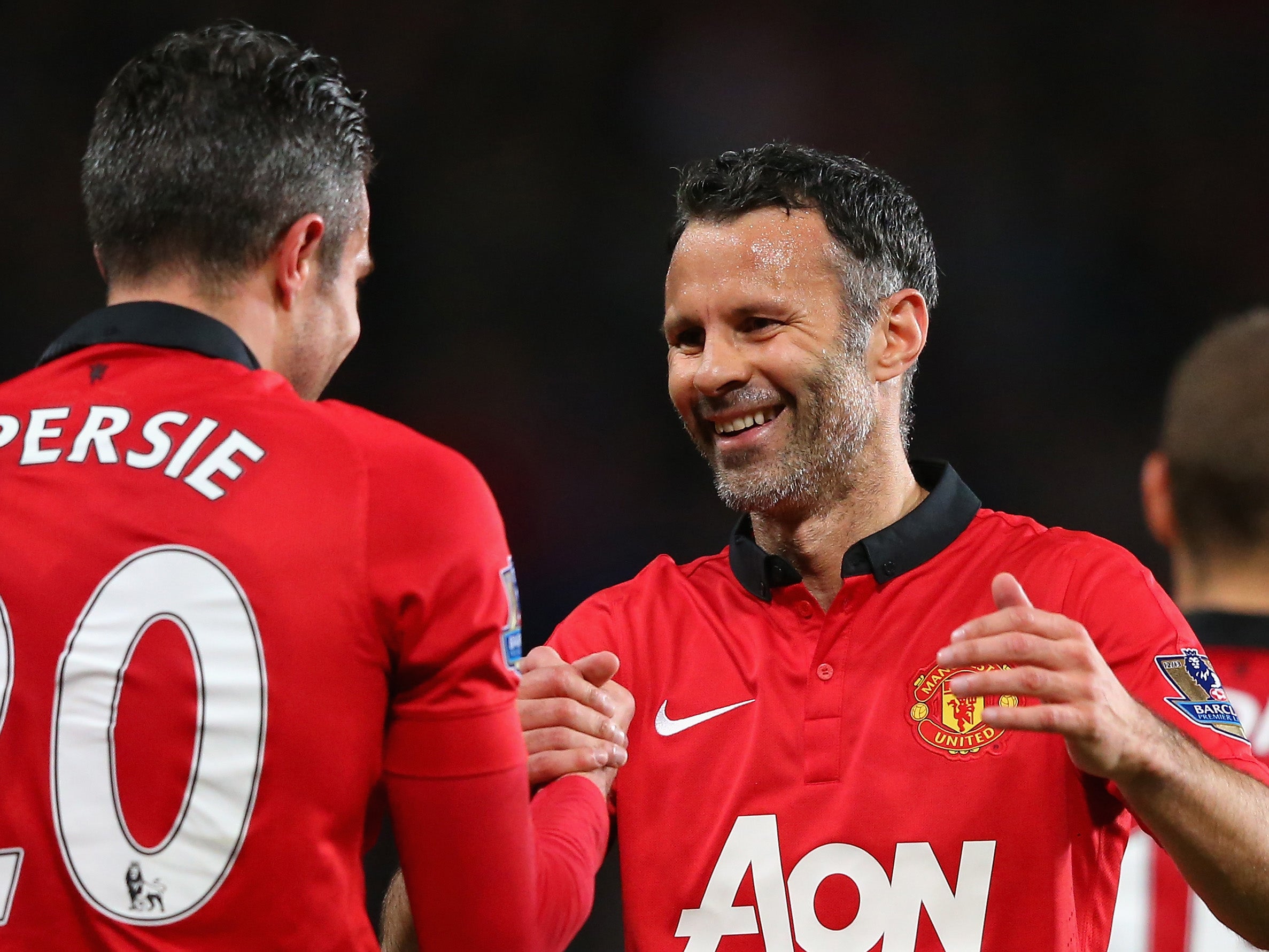What makes players like Wayne Rooney and Robin van Persie halt at 30 while others like Cristiano Ronaldo flourish?
Rooney has been dropped from club and country in 18 days

Your support helps us to tell the story
From reproductive rights to climate change to Big Tech, The Independent is on the ground when the story is developing. Whether it's investigating the financials of Elon Musk's pro-Trump PAC or producing our latest documentary, 'The A Word', which shines a light on the American women fighting for reproductive rights, we know how important it is to parse out the facts from the messaging.
At such a critical moment in US history, we need reporters on the ground. Your donation allows us to keep sending journalists to speak to both sides of the story.
The Independent is trusted by Americans across the entire political spectrum. And unlike many other quality news outlets, we choose not to lock Americans out of our reporting and analysis with paywalls. We believe quality journalism should be available to everyone, paid for by those who can afford it.
Your support makes all the difference.Manchester United had just won last season’s FA Cup when Coleen Rooney approached Louis van Gaal and said something which suggested that a penny had dropped very late in her husband’s football development. “I want to thank you for giving him responsibility. It’s made him live better,” she said.
The evidence of the past six weeks tells us that Rooney grew up and saw the light too late. Dropped from the Manchester United and England teams in the space of 18 days, he returns to the Premier League arena at risk of dropping out of the football narrative altogether, at the age of 30 (he’ll be 31 in 10 days’ time). It compounds the pain that Cristiano Ronaldo, eight months older than Rooney, said this week that he wanted “to play five or six more years… and keep the level of recent seasons” and no one in Madrid (or anywhere else) questioned him.
Similarly Rooney’s new United team-mate Zlatan Ibrahimovic, who is even older at 34, has rejected any talk of a China adventure because he is confident he can still play football at the highest level.
But for Rooney the most disturbing glimpse of the future is another former team-mate, Robin van Persie - a player who metaphorically disappeared over the edge of a cliff at the age of 31.
In the summer of 2013 van Persie was king of the hill, the previous season’s Premier League top scorer after Manchester United and Arsenal had fought for his services. By the late summer of 2015 he was at Fenerbahce, Istanbul, where he has been struggling with injury and non-selection ever since. A move to Spain or Italy might have been a respectable step down, but not the dead -paced Turkish Super Lig. It was over for him and there have not even been pieces in the Dutch press agonising over it, commensurate with the national discussion of Rooney. You’re soon forgotten.
In part, van Persie vanished to the depths of Turkey because of the fury he felt when van Gaal told him he had no future at Old Trafford, after the 2012-13 season. His advisers told him to wait for Spanish or Italian interest but instead he seized the first offer – albeit a lucrative one - that came. Even his compatriot Dick Advocaat, who arrived as Fenerbahce manager this season, has concluded that he is not a player for big matches. Van Persie has not started a game all season.

The prevailing opinion in the Netherlands is that he is paying the price for playing so much so young. He started as a 17-year-old, was a Uefa Cup winner at 19 with Feyenoord, for whom he’d played more than 60 times by the age of 21. His physical fragility has much to do with it too. Injuries curtailed his appearances for Arsenal. In retrospect, there were even signs in van Gaal’s team at the 2014 World Cup that the end was nigh. After 45 minutes or so in those games, he was finished.
But another Dutch player, Dirk Kuyt, began his football early too, with Utrecht, ran himself into the ground for Liverpool for six years and yet is still starting every game for Feyenoord this season, aged 36. Kuyt surrounds himself with physiotherapists and sports science specialists whom he has engaged to extend his career. This obsession is consistent with other footballers who are now carrying on into their 30s.
Gareth Barry cites yoga as a significant part of how he, now aged 35, has his own extended career beyond 600 Premier League games. “I've changed some things. I do an extra warm-up in the morning, I do yoga and look after myself a bit better on recovery days, but I wouldn't say there is a plan. It could be good genes off my mum and dad.”
In doing so he followed in the path famously established by Ryan Giggs, who clung to yoga as one of his professional lifelines. It kept him going for 13 more years.

Ibrahimovic has brought to Old Trafford his own long-serving physio, Italian Dario Fort, who has worked with him in Milan and Paris. The Swede published a terrifying looking image of himself in an altitude mask five days ago. Ronaldo’s chiselled physique reflects his years of near obsessive gym regime.
On the basis that the estimated average Premier League player salary is currently £2.29m a year, 10 years of yoga or Pilates could, on the face of things, be worth close to £10m in earnings if it means a player can go on until 35, rather than 31.
The problem for Rooney is that prolonging a career is not as straightforward as that. Yoga and Pilates can improve the longevity of a player and the “enlightened” ones will go try it, says Rob Swire, head physiotherapist at Manchester United for 23 years until 2014. But it doesn’t work for everyone. “If a player is weak at the end of the muscular range they are stretching and holding, it can worsen injuries. It doesn’t suit everybody,” he says.
Swire, who is unable to discuss individual Manchester United players, said that the “wear and tear and number of games” inflicted on a player thrown early into demanding first team football is a more significant factor when it comes to assessing how long a career will last.
Genetics and a player’s metabolism are also part of the equation. “If your physiology isn’t suited to intense, high level football then there is a limit to what you can do about it,” he adds. “You may be brilliant as a 12 or 15-year-old and get away with things physically then but if your body isn’t suited then you can have problems later and get repeated injuries.”

Rooney has endured a vast workload – 528 games in all since the age of 17 – which is a huge factor in his own diminishing power but, by every available account, has not been a yoga convert. Edwin van der Sar, who witnessed Giggs’ sessions while at United, said last year that Rooney should try it.
Swire says that footballers’ careers are generally lasting longer because they are better looked after medically, with the advent of sports science and better coach education in the past 15 years. Rooney has not caught as much of that wave as some.
The striker’s world is also a more competitive place. “When there were two strikers up front a younger one could play off the older,” says James Scowcroft, formerly of Leicester City and Crystal Palace. “Now there is often only one that opportunity has gone.” One minute Scowcroft was beating Championship defenders for Palace, the next he was struggling at Leyton Orient a few divisions down. “l was gone in 18 months.”
In his darker moments, Rooney must fear the same. “If he missed a couple of weeks for United, it could take him four or five games to get his sharpness back,” Sir Alex Ferguson reflected a few years ago. “Rooney had great qualities but they could be swallowed by a lack of fitness. Look at the way Cristiano Ronaldo or Ryan Giggs looked after themselves.”
Join our commenting forum
Join thought-provoking conversations, follow other Independent readers and see their replies
Comments